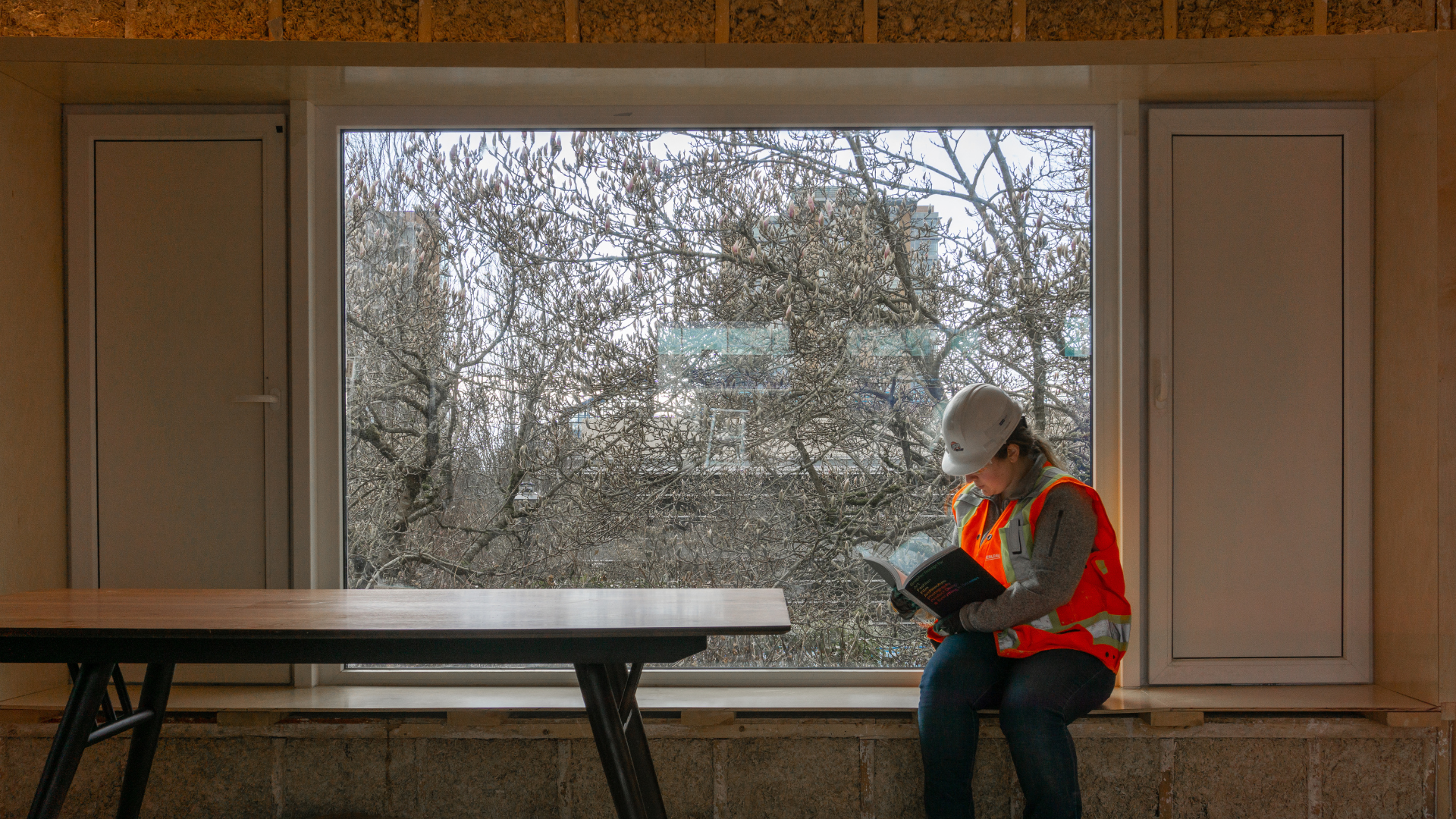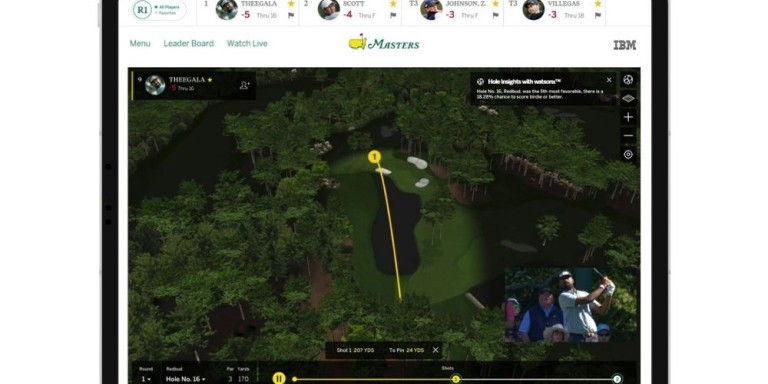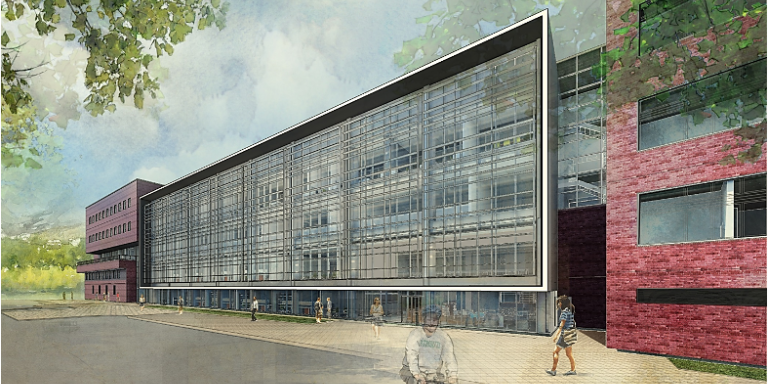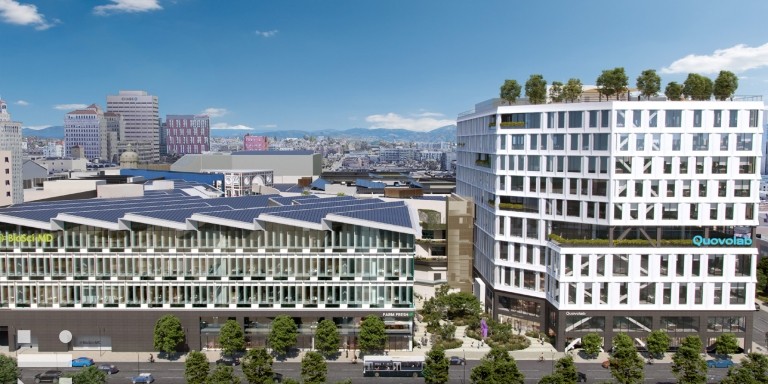Introba Teams Up with UBC Student Creating Award-Winning Living Lab Focused on Embodied Carbon

Written by Mat Loup
When is concrete not concrete? When it is hempcrete—a mix of hemp fibers, water, and lime—and just as durable, but delivers a much lower carbon footprint than buildings using regular concrete in their construction.
Hempcrete is also one of the key components in Third Space Commons, a new collaborative workspace and sustainability lab that has just opened at the University of British Columbia (UBC) in Vancouver, Canada. Such is the excellence of this project. It recently garnered the Small Buildings – Vancouver award at the inaugural BC Embodied Carbon Awards, hosted by the Carbon Leadership Forum British Columbia (CLF British Columbia). The submission showed that the construction of Third Space Commons would have 65% lower carbon emissions than if traditional materials and methods had been used, provided biogenic sequestration and carbonation potential are included.
Third Space Commons is the brainchild of Third Quadrant Design (TQD), which was founded in 2019 by three female civil engineering students — Claire Pibrovec, Zoë Le Hong, and Aleesha Hsu — on a mission to increase awareness of net-zero carbon and net-zero design practices on campus, in the city and beyond. That mission is closely aligned with Introba’s.
TQD is proud to be the first student group in the world to design and build such a space on its own campus. And Introba, and its team, are equally proud to have been with them every step of the way.
We have supported TQD team members through coaching and practical advice since its inception as part of our global Introba Gives initiative, which uses the time, skills, and expertise of our team members worldwide to benefit communities through volunteering and pro bono projects. Introba Gives also allows junior engineers, such as those at TQD, to take more ownership and responsibility on projects while at the same time having the safety and knowledge of their mentors to lean on.
Introba (formerly Integral Group) acted as the professional engineers’ firm for the Third Space Commons project via workshops and design advice (including analytics and modeling), all pro bono, from:
-
Wenoa Teves, Electrical Lead, Co-Project Manager (former UBC student)
-
Calvin Chang, Engineer of Record, Co-Project Manager, Electrical
-
Alex Mitro, Engineer of Record, Mechanical
-
Keith Trulson, Engineer of Record, Fire Protection
-
Thomas Bamber, Passive Design Lead
-
Jeremy Field, Embodied Carbon Lead
-
Harriet Lilley, Introba Gives Lead
The partnership has been so successful that several of the TQD interns have gone on to secure full-time positions at Introba. “Third Quadrant team members did the overall design work and produced the drawings,” said Alex. “We had several design meetings with them to verify their calculations and make the final drawing submission a professional submission.”
Elsewhere, Calvin and his team leads reviewed all the electrical design and lighting systems, including the photovoltaic array, battery system, and design for the system controls.
“Third Quadrant Design was a massive help for me because it was the only place that could really prepare me for being part of the engineering and consulting industry,” said Wenoa. “At the same time, working at Introba was an excellent opportunity to then engage with the students, see their ideas and understand what the future generation see as important for engineering and design.”
TQD also successfully used the Third Space Commons project to represent UBC at the US Department of Energy Solar Decathlon 2023 Build Challenge in April. They were declared a grand winner, coming first in the Architecture, Embodied Environmental Impacts, and Occupant Experience categories, second in Durability & Resilience, and third in Integrated Performance, Comfort, and Environmental Quality.
This completed a hat-trick of victories, with TQD having won first place previously at the Energy Solar Decathlon in the Urban Single-Family and Mixed-Use and Multi-Family divisions in 2020 and 2021 with their designs Solis House and Laundry Haus.
“Introba's mentorship was invaluable for the mechanical and electrical design of Third Space Commons,” said Alicia Hobmaier, Captain and Engineering Lead at TQD. “With the guidance and support of the engineers of record, my fellow students and I successfully drafted drawings that met code requirements while preserving our core design principles, namely living lab and low embodied carbon.”

Third Space Commons started two years ago with the support of UBC’s Faculty of Science and School of Architecture + Landscape Architecture (SALA). Adam Rysanek, Assistant Professor of Environmental Systems, acted as quarterback for the initiative and proved to be a charismatic, passionate motivator.
UBC donated the land for Third Space Commons, originally designed as a single-family home. Throughout construction, the team focused on keeping embodied carbon in the building materials and systems to a minimum.
To create the hempcrete, the team mixed it in a large drum and poured it via buckets into the two-by-four wood frame. The building’s foundation comprises reusable steel piles, while the team chose to use light wood framing instead of engineered wood as it was less carbon-intensive. Although hempcrete is slower to cure than normal concrete, its plus points include being zero-carbon, fireproof, and an excellent insulator.
Third Space Commons is expected to sequester more carbon than it emits over its life cycle, which is years ahead of government policies. UBC’s Faculty of Applied Science will now be using Third Space Commons to support innovations in teaching, learning, and research.
The BC government is committed to cutting greenhouse-gas emissions in the province to 40% below 2007 levels by 2030, and one of its prime ways of doing so is through opportunities in construction. On May 1, the province rolled out its Zero Carbon Step Code, a new, initially optional standard to limit operational carbon from new buildings.
The City of Vancouver aims to reduce embodied carbon in new buildings by 40% by 2030, compared with 2018 levels, and to achieve that goal, from July this year, the Vancouver Building Bylaw will start mandating that developers calculate and report embodied carbon in all new projects.
Last words go to Dr. James Olson, Dean of UBC’s Faculty of Applied Science: "In Third Quadrant Design, we see a tremendous example of our faculty’s strategic priorities coming together," he noted on the UBC Faculty of Applied Science website. "It features a diverse, women-led student team that is supported by world-class faculty members, that partnered with industry, and constructed a beautiful building and set a new standard for environmentally friendly facilities on campus. I’m extremely proud of this team."

Image credit: Maverick Chan, Third Quadrant Design
Further Reading
B.C. awards recognize excellence in climate-friendly building design – Construction Canada
UBC students construct one of Canada’s first ‘carbon-minimal’ hempcrete buildings – The Globe and Mail
BC's budding carbon zero building ambitions on track for success at UBC – Eco Home
Vancouver welcomes first institutional building in Canada made with hemp – Business in Vancouver
UBC opens carbon-minimal Third Space Commons – Academica
Related News
-
Apr 22, 2024
The key to business success is timing
Insights & Perspectives -
Apr 11, 2024
Transforming STEM Education: UVA's Renovated Science Complex
Insights & Perspectives -
Mar 29, 2024
An Urban Renewal Blueprint: Transforming Horton Plaza
Insights & Perspectives


